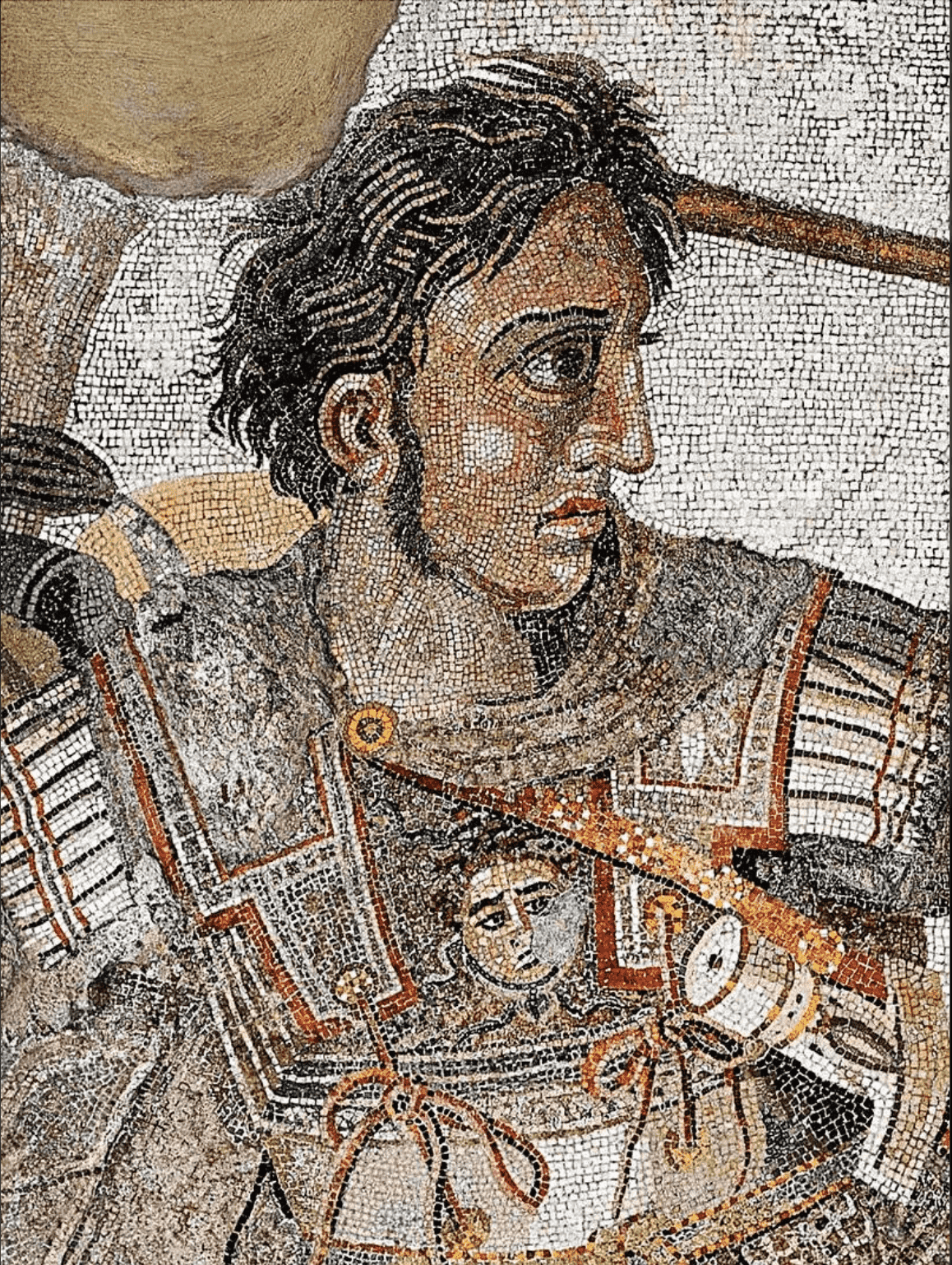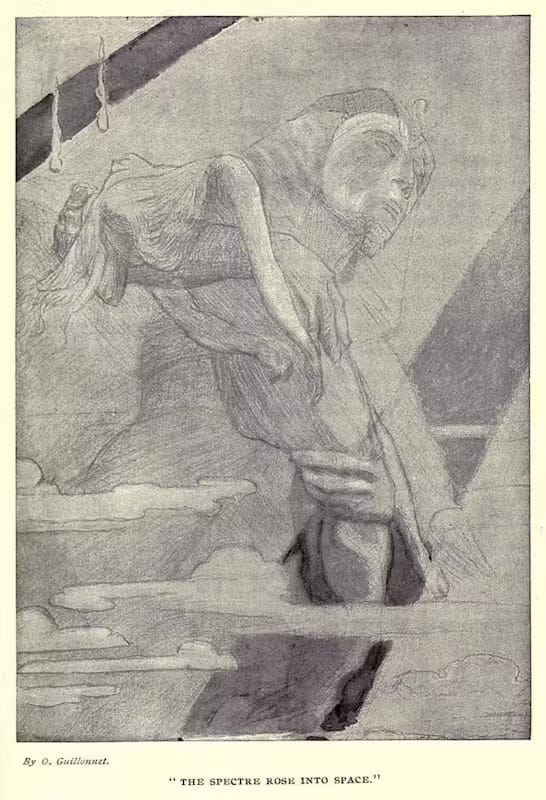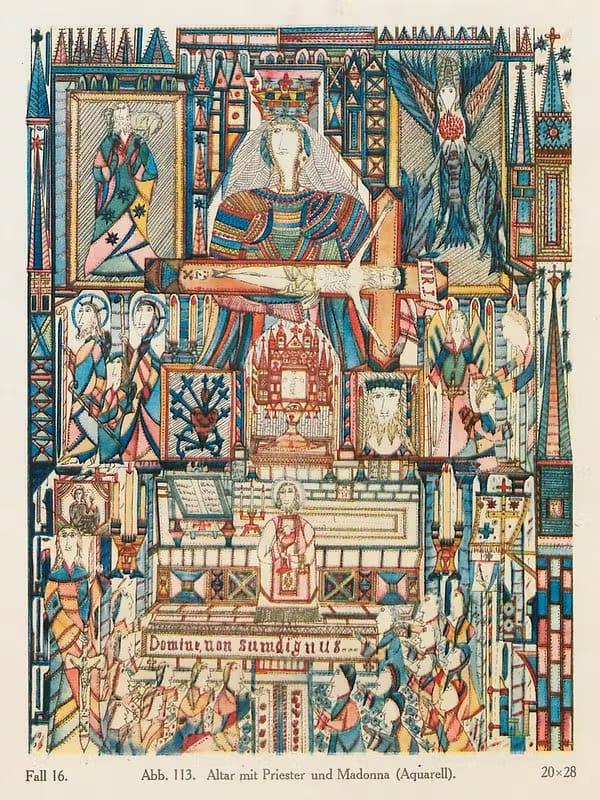A Mistranslation of a Very Popular Quote From Alexander
Alexander's insatiable longing for glory and how an Englishman, John Miner, created something worthy of a book of memorable sayings and coined one of the few classical tags still recognized today.

But you see what’s happening here. I’m setting out on the table all the ingredients for Gruber’s quote. In no case does Alexander weep because he’s accidentally put himself out of business by making himself king of the world. And it makes sense that he would not weep about such, because in point of fact he did not take over the world. He hits a wall in India, see. His men are tired, the river is deep, he can’t swim. Across the river: some vast Indian army, refreshed and ready. Alexander’s guys beg him to call it a day. “Call it a day, call it a campaign, call it an empire. Anyhow let’s go home.” And for once, Mr. Won’t-Listen-to-Anybody says okay. It’s all in the Life of Alexander. Read it sometime. Seventy pages of modern English, it’s not gonna kill ya (View Source)
Nam Alexandri pectus insatiabile laudis, qui Anaxarcho comiti suo ex auctoritate Democriti praeceptoris innumerabiles mundos esse referenti “heu me” inquit “miserum, quod ne uno quidem adhuc sum potitus!” angusta homini possessio [gloriae] fuit, quae deorum omnium domicilio sufficit. —Valerius Maximus, LIB. VIII, Cap. xiiii, Ext. §2 Alexander’s heart had an insatiable longing for glory. When his friend Anaxarchus told him, following the authority of his teacher Democritus, that there were innumerable worlds, Alexander said, “Alas, poor me, because so far I have not even gained possession of one!” To possess the world was too inglorious for this man, though the world is great enough to serve as the home of all the gods. —from Book 8, Chapter 14 “The Desire for Glory,” Foreign Stories: section 2. [Translation Henry John Walker, 2004.] (View Source)
bramadams.dev is a reader-supported published Zettelkasten. Both free and paid subscriptions are available. If you want to support my work, the best way is by taking out a paid subscription.
Okay, but then why do all these Gruber versions suddenly pop up in early seventeenth-century English, hmmm? I’m tellin’ ya: some Englishman started this. Some English Gruber. We’ll call him “John Miner.” Like Gruber, our Miner was pretending to have a classical education. Like Gruber, Miner had eloquence. But unlike Gruber, Miner actually created something worthy of a book of memorable sayings. He coined one of the very few classical tags that people still recognize on sight. (View Source)
A man of limitless ambition, and a complex lover 202302111323
AI Generated Read Next
Similar: Diogenes and Alexander - 202302191530
Clever: Reader (by Readwise) is Goated - 202302170005
Chaotic: Feng Shui for WFH - 202301110111




